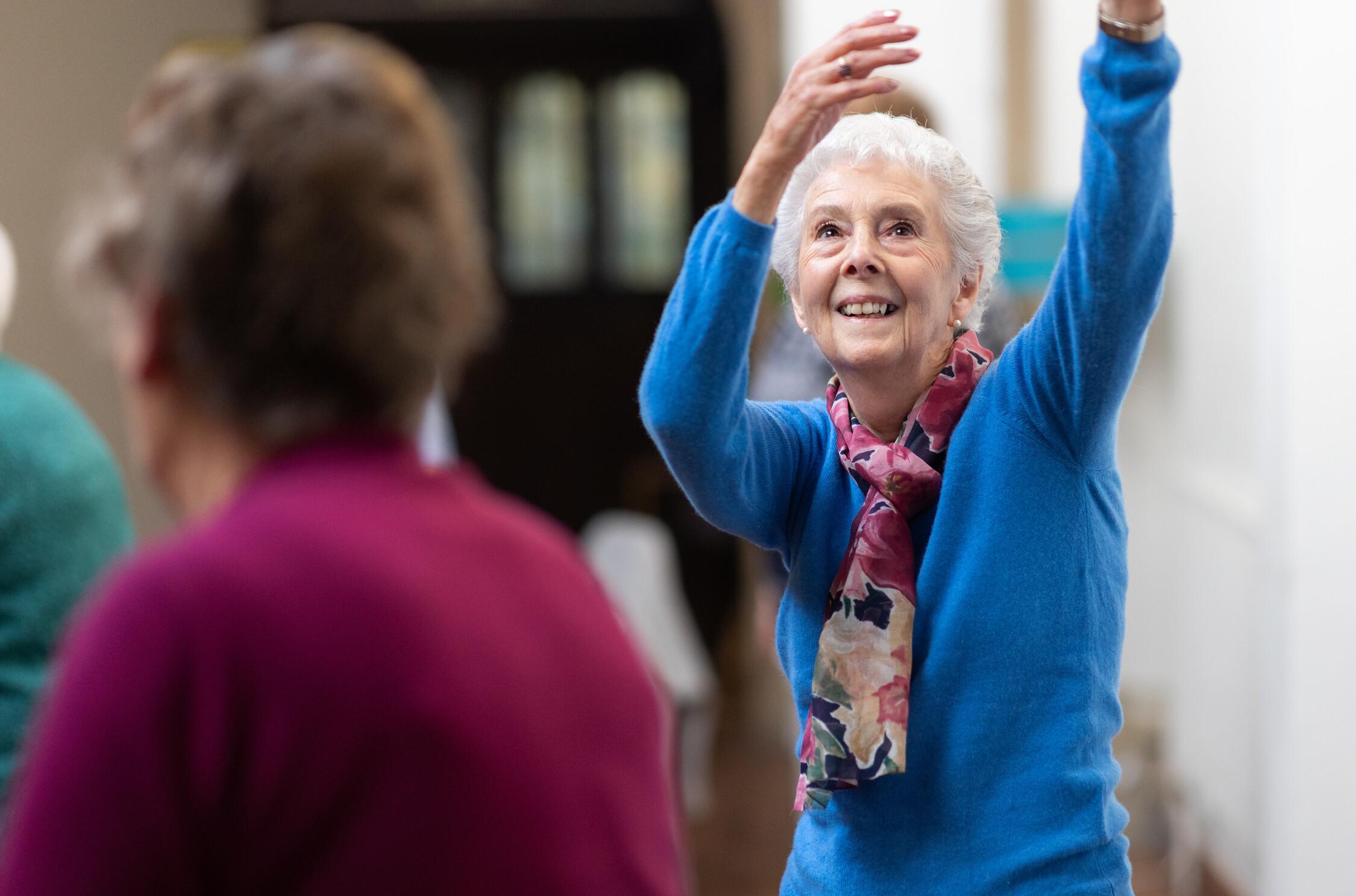Noticing changes in others during the festive season
If it’s been a while since you last got together, you might notice changes in others that could be signs of dementia.

Many people connect with their extended families over the festive season, and sometimes it’s been a while since you’ve seen one another. Some families live long distances apart, and for others leading busy lives, opportunities for family gatherings are few and far between.
Emily moved interstate two years ago, and while she phones her mum regularly, she was surprised to see some changes on her first visit home to help prepare for an extended family Christmas. She noticed that her mum, previously very proud of her appearance was tending to wear the same clothes. The Christmas cakes were not made (they were always ready in November) and she appeared a little vague when talking about the grandchildren, although her mum quickly covered for mistakes in conversation.
After the festivities were over, Emily told her mum of her concerns. She used the Face Dementia changes checklist as a way to start a conversation with her mum. Emily extended her stay to ensure she could go to the GP with her mum to ask about a dementia assessment.
While family gatherings are important occasions to connect and catch up with one another, they are also opportunities to notice changes in senior family members that might be signs of dementia.
Simple things you might notice in family members at these gatherings include:
- A drop in their usual standard of housekeeping.
- Evidence of forgetting things on the stove – subtle signs like scorched pots and pans.
- Difficulty following recipes they’d previously mastered or excuses as to why they didn’t want to make a particular dish this year.
- Difficulty in following conversations.
- A decline in personal hygiene.
- The car having more than expected dints and scrapes.
There are many changes that can be signs of dementia, including:
Changes in thinking and memory:
- Forgetting recent events
- Having trouble learning new things
- Struggling to find the right words
- Having a hard time making choices, or making careless or risky choices
- Losing track of time and dates
- Asking the same question a lot, or saying the same things over and over
- Putting things in unusual places.
Changes in daily activities:
- Finding it hard to do day-to-day jobs like cooking, paying bills, planning, shopping
- Changed sleep patterns such as disturbed sleep or sleeping more during the day
- Getting lost in familiar places
- Finding it harder to walk and move, for example, shuffling, feeling stiff or being slow.
Changes in mood and behaviour:
- Feeling unusually sad or hopeless
- Feeling unusually worried, nervous or uneasy
- Losing interest in previously enjoyable hobbies or social events
- Behaving inappropriately or differently to usual
- Feeling restless and walking around a lot.
Being alert to the range of signs and noticing any changes is key to getting an early dementia diagnosis, treatment and support. If a loved-one is experiencing changes in thinking or difficulties with every-day life activities, it is important to visit a GP as soon as possible to discuss these concerns.
Take early action and don’t dismiss changes or abnormalities but seek plausible explanations. This may mean getting involved yourself and accompanying your partner or loved one to a GP appointment.”
Adelaide resident, James, whose wife, Linda was diagnosed with dementia.
Download and print the Face Dementia Checklist for dementia symptoms and changes and use it to record any changes you’ve noticed. You can use this checklist, and other advice on this website, to help you to have a conversation with the person you are concerned about as well as their GP and other family members. Please note, the checklist is not intended to diagnose dementia or any other health condition. There may be other reasons for these changes.


